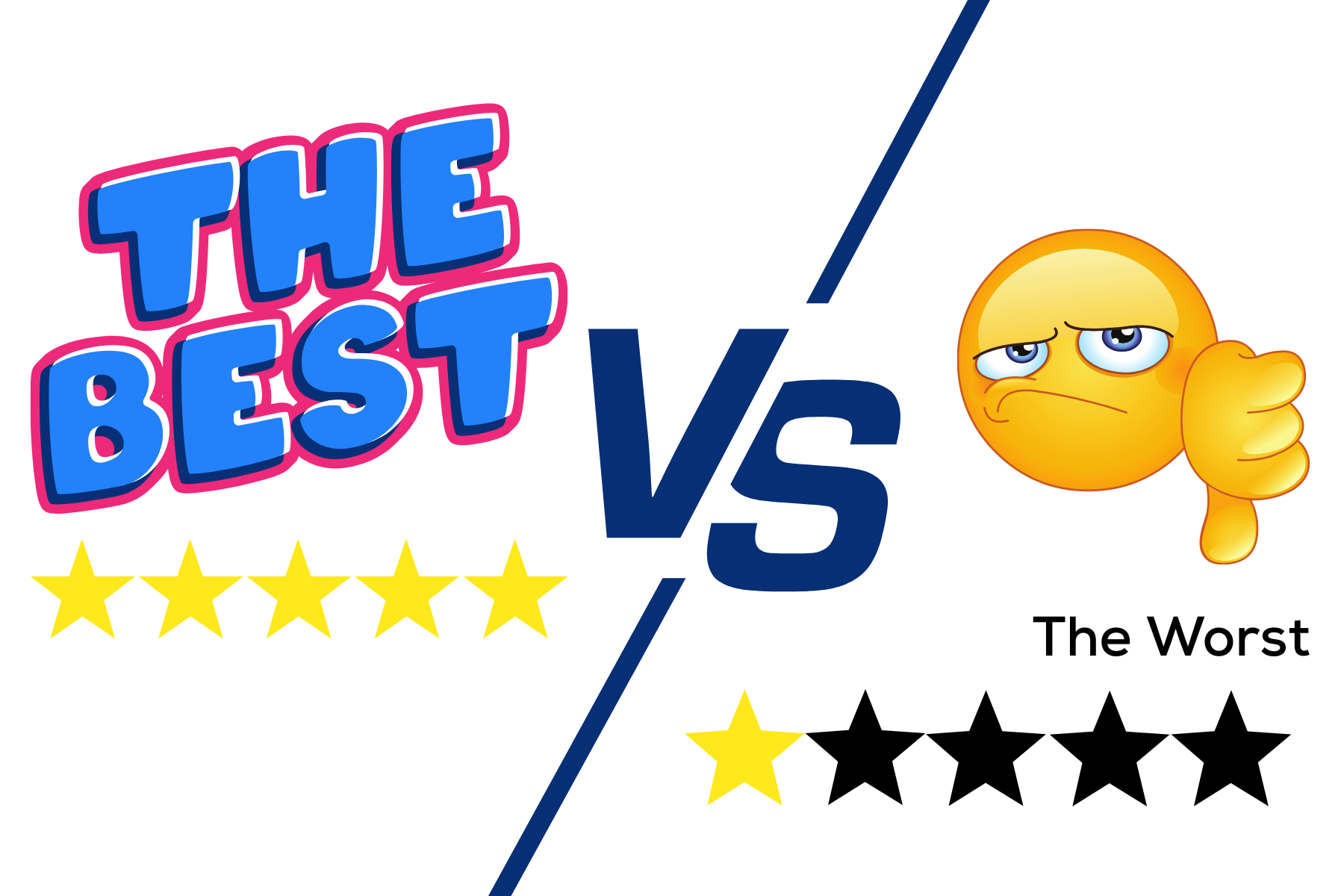
The Best and The Worst Cases of AI
AI, AI, AI … how many times have the bidding and work-winning folk heard that 2 letter, 1 syllable, polarising word in the last 3 years.
The reality is, it's changing the world we live in, the businesses we work in and the jobs we carry out.
When it comes to bidding professionals, our opinion is clear, bid professionals using AI will beat those without it.
But - there have been and we still all witness ridiculous claims being made and we thought we should break it down for you. Here is our list of the WORST and BEST use cases of AI.
The Worst
In the bidding and proposals sector, there's still far too much focus on a narrow - and frankly outdated - view of AI's role.
"We can replace your bid writers."
"Our AI alone increases your win rates."
These claims reduce the complexity of bidding to copy generation.
In reality, writing is not an administrative function. Automating copy is the shallowest application of AI in this space — and it misses the real opportunity.
🔴 The Worst Case: AI positioned as nothing more than a proposal-writing typewriter.
This approach wastes the broader potential of the technology, and ultimately risks making bid teams less competitive by focusing on outputs over strategy, intelligence, and process optimisation.
The Best
🟢 The Best Case: AI deployed as a strategic layer across the bid lifecycle, enabling better decisions, richer intelligence, and faster execution.
Key areas include:
-
MCP Server Linking in External Software AI agents, operating via a Model Context Protocol (MCP) server, can integrate directly with existing business tools: CRMs, pricing models, compliance checkers, competitor datasets — giving bid teams instant access to context-rich insights within a singular chat interface.
-
Automated Project Management Intelligent tracking of timelines, resources, and dependencies with real-time updates, escalation pathways and alerts, removing bottlenecks and ensuring every milestone is met.
-
Market and Competitor Intelligence Continuous monitoring and analysis of market trends and competitor activity, feeding actionable intelligence into strategy before submission deadlines.
-
Compounding Intelligence (Data Flywheel + AI Feedback Loop) Every bid contributes to a growing knowledge base - capturing lessons learned, scoring patterns, and outcome analysis - creating a self-reinforcing loop where each subsequent bid starts with a higher baseline of intelligence.
Why This Matters
The most valuable AI applications in bidding don't replace people — they multiply capability.
They provide the infrastructure for better-informed, faster, and more confident bid decisions.
Focusing only on automating writing is like buying a high-performance vehicle and never taking it out of first gear. The real competitive advantage comes when AI is used to connect knowledge, orchestrate processes, and compound insight across the entire bid function.
— The BidScript Team